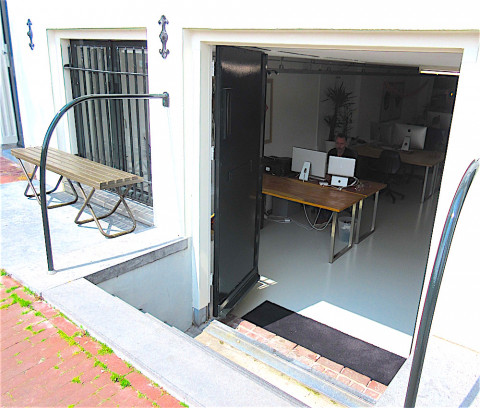Repercussions of Museum Visits (12-15-23)
Fekete and teammates probed the consequences of visiting museums. The researchers share that “we tested whether the multimodal experience of works of art—where the artwork is inspired by the musical piece—can enhance aesthetic experience, leading to better well-being benefits. For this, we used a mixed design to compare people who viewed Klimt’s Beethoven Frieze painting in the Secession Museum (Vienna, Austria) either on its own . . . or while listening to its musical inspiration . . . excerpts of Beethoven’s Ninth Symphony.
